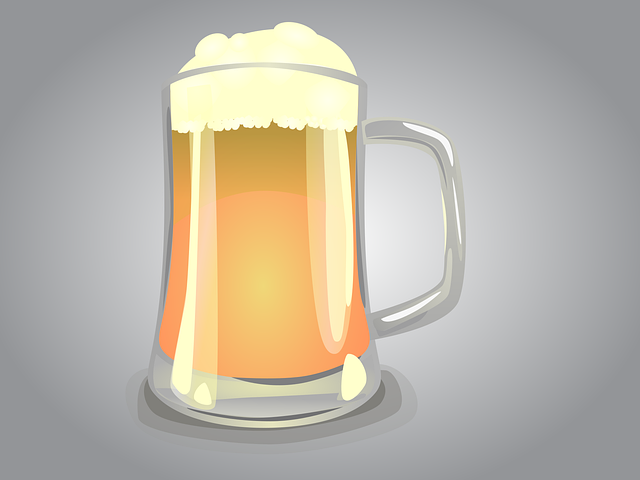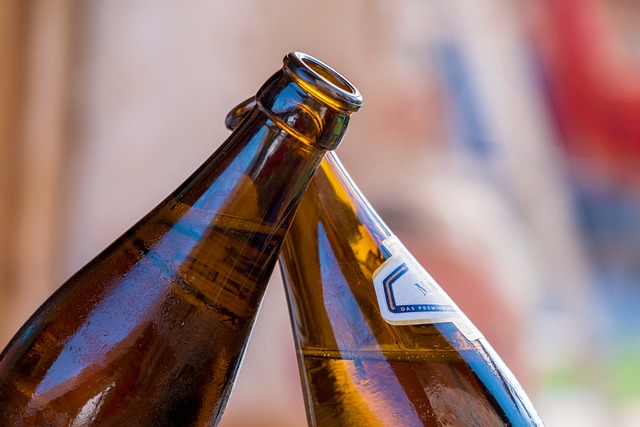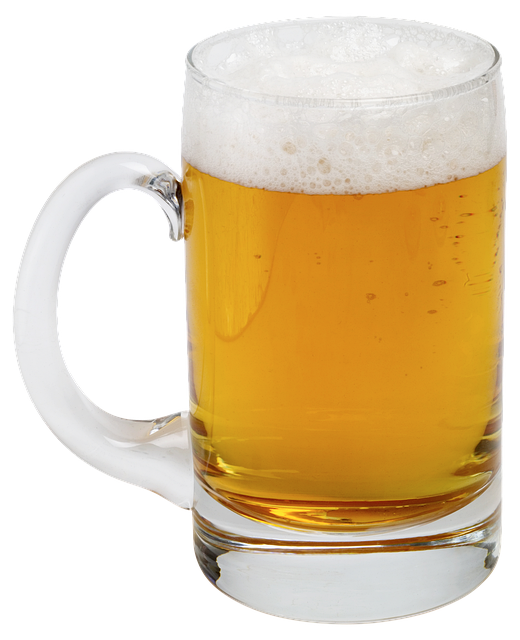Hydrate Smart: Best Beverages for Optimal Health
Choosing the right beverages is crucial for maintaining health. Water is essential for hydration, wh…….
Welcome to an extensive journey into the world of beverages, a category that has evolved far beyond mere hydration. This article aims to delve deep into every facet of beverages, from their historical roots to modern-day trends, economic implications, and technological innovations. We will explore how this diverse sector shapes our daily lives, influences global cultures, and offers both exciting opportunities and challenges. By the end, readers will gain a profound understanding of the significance of beverages in today’s world.
Definition: Beverage, in its broadest sense, refers to any drinkable liquid that provides hydration and nourishment to humans. This category encompasses a vast array of options, ranging from plain water to sophisticated cocktails.
Core Components:
Historical Context:
The concept of beverages dates back to ancient civilizations, where early humans discovered the power of water as a life-sustaining element. Over time, the art of flavoring and preserving liquids evolved, leading to the creation of various traditional beverages like wine, beer, tea, and coffee. These drinks not only satisfied thirst but also held cultural, social, and religious importance in many societies.
International Influence:
Beverages have become a powerful global force, transcending geographical boundaries to shape cultures and economies. The impact is evident in the universal appeal of certain drinks, such as tea and coffee, which have become staples in daily routines worldwide. Additionally, regional specialties like sake in Japan or tequila in Mexico contribute to cultural identity and tourism.
Regional Trends:
Market Size and Value:
The global beverage market is a behemoth, valued at approximately $1.2 trillion in 2021, with projected annual growth of around 7-8% until 2026. This growth is driven by increasing disposable incomes, changing consumer preferences, and expanding distribution channels.
Market Segments:
Investment Patterns:
The beverage industry attracts substantial investments due to its high growth potential and diverse product offerings. Companies like Coca-Cola, PepsiCo, and Diageo have massive global operations, constantly innovating and expanding their market reach. Many startups in the craft beverage space also receive funding from venture capitalists seeking unique investment opportunities.
Innovation Highlights:
Impact on Industry:
These technological advancements have transformed manufacturing processes, improved supply chain efficiency, and enhanced consumer engagement. They also enable companies to differentiate their products in a crowded market, appealing to health-conscious consumers and those seeking unique experiences.
Governing Bodies:
Various national and international organizations oversee the beverage industry to ensure product safety, quality, and consumer protection. These include:
Key Regulations:
Beverage manufacturers employ rigorous quality control measures during production to maintain consistency and meet safety standards. These include water treatment, strict hygiene protocols, and regular testing for contaminants or pathogenic bacteria. Additionally, consumer protection agencies monitor complaints and conduct random checks on products to ensure they match the expected quality and safety levels.
Definition: Specialty beverages refer to high-quality, often artisanal, drinks that emphasize unique flavors, natural ingredients, and innovative preparation methods. This category includes craft beers, specialty coffee, single-origin teas, and hand-crafted cocktails.
Key Factors Driving Growth:
The beverage industry faces growing pressure to address its environmental impact due to concerns over plastic waste, water usage, and carbon emissions.
Sustainability Initiatives:
Trends in Consumption:
Influencing Factors:
Social media plays a significant role in shaping consumer preferences, as trends often start online and gain mainstream popularity quickly. Additionally, health and wellness influencers promote specific beverage types, impacting purchasing decisions.
The global beverage industry is poised for continued growth, driven by evolving consumer preferences, technological advancements, and a focus on sustainability. Key trends to watch include:

Choosing the right beverages is crucial for maintaining health. Water is essential for hydration, wh…….

Creating a signature beverage at home involves exploring your flavor preferences, gathering high-qua…….

Drinking beer globally connects diverse cultures through unique styles and traditions, with events l…….

Understanding beer pairings enhances both culinary and beverage enjoyment by highlighting unique cha…….

Drinking beer offers a thrilling journey through diverse styles, flavors, and histories, shaped by r…….

Embarking on your beer journey is thrilling yet daunting with countless varieties. Start with popula…….